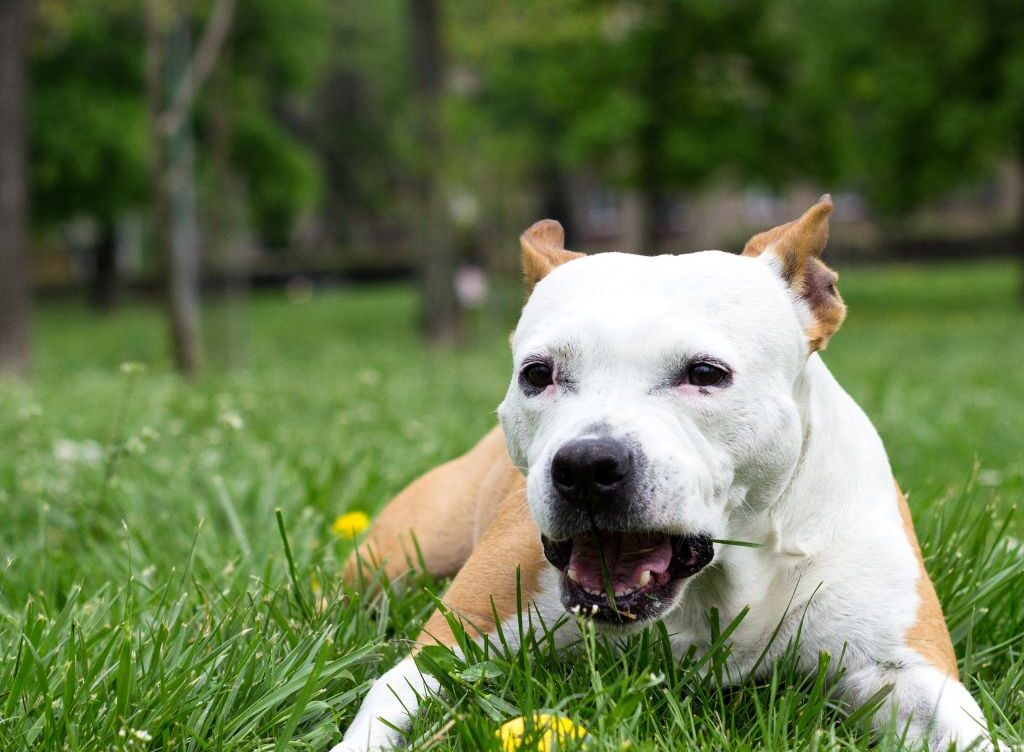
Why Do Dogs Eat Grass? Debunking the Vegan Myth
Many dog owners have witnessed their furry friends munching on grass and wondered: Is my dog turning vegan? While it may seem like an unusual behavior, grass-eating is quite common among dogs. However, it is not necessarily an indication that your pet is making a dietary switch. There are multiple reasons why dogs engage in this behavior, ranging from instinctual habits to digestive aid. Let’s explore the myths, facts, and potential explanations behind why dogs eat grass.
Is Grass-Eating Normal for Dogs?
Yes, grass-eating is a widely observed behavior among canines. Studies have shown that the majority of dogs consume grass occasionally, with no apparent ill effects. While some pet owners worry that their dog’s grass-eating signals a nutritional deficiency or a shift towards a plant-based diet, there is little evidence to support such claims. In most cases, this behavior is completely normal and should not cause alarm.
Reasons Why Dogs Eat Grass
1. Instinctual Behavior from Ancestral Canines
Dogs are descendants of wild wolves, which were known to consume plant material found in the stomachs of their prey. Wild canines sometimes eat grass as part of their natural diet. While domesticated dogs have different dietary needs, they may still exhibit this ancient behavior due to instinct.
2. Aiding Digestion
Some dogs eat grass to help with digestion. It is believed that the fibrous texture of grass can facilitate the movement of food through their digestive system, especially if they are experiencing mild indigestion or constipation.
3. Inducing Vomiting
Dogs that feel nauseous may eat grass as a way to induce vomiting. While this is not true for all dogs, some will intentionally consume grass to help clear their stomachs of irritants. If a dog frequently eats grass and vomits afterward, it may be a sign of gastrointestinal discomfort that should be evaluated by a veterinarian.
4. Nutritional Deficiency
Although rare, some dogs may eat grass due to a deficiency in fiber or other nutrients. If a dog’s diet lacks adequate fiber, they might instinctively seek out grass as an additional source. Ensuring a balanced diet with appropriate fiber levels can help reduce this behavior.
5. Boredom or Behavioral Habit
Grass-eating can sometimes be linked to boredom or curiosity. Dogs that do not receive enough mental stimulation or exercise may turn to nibbling on grass as a way to pass the time. Providing engaging toys, training sessions, and increased physical activity can help deter this behavior.
6. Enjoying the Taste and Texture
Some dogs simply enjoy the taste and texture of grass. Just as humans have personal food preferences, dogs may find certain types of grass appealing. If the behavior is occasional and does not cause harm, there is no need for concern.
Is Eating Grass Harmful to Dogs?
In most cases, eating grass is not harmful. However, there are some risks to consider:
- Pesticides and Chemicals: Lawns treated with pesticides, herbicides, or fertilizers can be toxic to dogs. Always ensure your dog is not consuming chemically treated grass.
- Parasites and Bacteria: Grass can sometimes harbor parasites like roundworms or bacteria that can be ingested by your pet.
- Frequent Vomiting: If your dog frequently vomits after eating grass, it may indicate an underlying health issue that requires veterinary attention.
How to Manage Your Dog’s Grass-Eating Habit
If you are concerned about your dog’s grass-eating behavior, there are several steps you can take:
- Ensure a Balanced Diet
- Make sure your dog is getting all necessary nutrients, including fiber, to prevent dietary cravings.
- Consult with your vet to assess if dietary changes are needed.
- Provide Alternative Snacks
- Offer safe vegetables like carrots, green beans, or lettuce as an alternative source of fiber.
- Avoid processed or artificial treats that may lack nutritional benefits.
- Increase Exercise and Mental Stimulation
- Engage your dog in regular walks, training sessions, and interactive playtime.
- Provide puzzle toys or chew toys to prevent boredom-induced grass-eating.
- Monitor and Limit Access to Grass
- If your dog tends to eat chemically treated grass, restrict their access to those areas.
- Provide a designated, pesticide-free area where your dog can safely nibble grass if needed.
- Observe for Health Issues
- If grass-eating is accompanied by frequent vomiting, diarrhea, or lethargy, consult a veterinarian.
- Keep an eye on any sudden changes in behavior or appetite.
Final Thoughts
Dogs eating grass is a common and mostly harmless behavior that is often rooted in instinct, digestion, or simple curiosity. While the idea of a dog becoming “vegan” is amusing, their dietary needs remain omnivorous, and their primary nutrition should come from a balanced dog food diet. By understanding the reasons behind grass-eating and taking appropriate measures, you can ensure your furry friend stays happy and healthy. If you ever have concerns about your dog’s behavior, always consult a veterinarian for professional advice.
